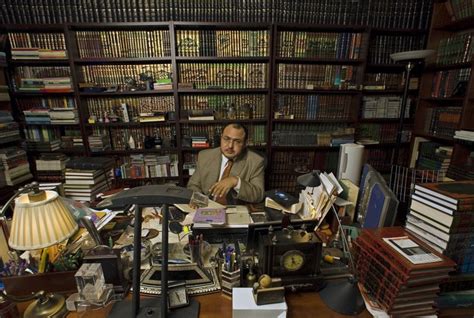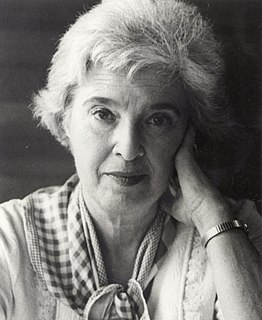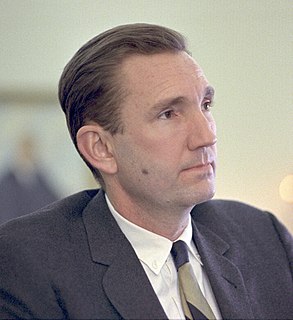A Quote by Tawakkol Karman
Women were free in older times when the Islamic nation was strong. There are so many examples in history, not more than a thousand years ago, when Muslim women were leaders, scientists, professionals, and so on. It is all about justice, and justice can be attained through having the rulers accountable to their people.
Related Quotes
I want you to understand that racial justice is not about justice for those who are black or brown; racial justice is about American justice. Justice for LGBT Americans is not about gay and lesbian justice; it's about American justice. Equality for women isn't about women; it's about United States equality. You cannot enjoy justice anywhere in this country until we make sure there is justice everywhere in this country.
It just struck me as really odd that there were all of these conversations going on about what young women were up to. Were young women having too much sex? Were young women politically apathetic? Are young women socially engaged or not? And whenever these conversations were happening, they were mostly happening by older women and by older feminists. And maybe there would be a younger woman quoted every once in a while, but we weren't really a central part of that conversation. We weren't really being allowed to speak on our own behalf.
I came from an educated, upper middle-class family. My mother was a Persian and history teacher at a large high school for girls. Many of the women in my extended family and in our circle of friends were professionals. In those days, women were a vital part of the economy in Kabul. They worked as lawyers, physicians, college professors, etc., which makes the tragedy of how they were treated by the Taliban that much more painful.
Individual heterosexual women came to the movement from relationships where men were cruel, unkind, violent, unfaithful. Many of these men were radical thinkers who participated in movements for social justice, speaking out on behalf of the workers, the poor, speaking out on behalf of racial justice. However when it came to the issue of gender they were as sexist as their conservative cohorts.
Infuriatingly stupid analysts - especially people who called themselves Arabists, yet who seemed to know next to nothing about the reality of the Islamic world - wrote reams of commentary [after 9/11]. Their articles were all about Islam saving Aristotle and the zero, which medieval Muslim scholars had done more than eight hundred years ago; about Islam being a religion of peace and tolerance, not the slightest bit violent. These were fairy tales, nothing to do with the real world I knew.
The scientists I looked up to at the beginning were not Latino. They were famous scientists of many years ago, like Madame Curie. Later, I realized that there were also, but a very few, Latino scientists. There were good ones, but very few, because there wasn't as much a tradition to be a scientist in our culture. But this is changing.
It has never happened in history that a nation that has won a war has been held accountable for atrocities committed in preparing for and waging that war. We intend to make this one different. What took place was the use of technological material to destroy a defenseless country. From 125,000 to 300,000 people were killed... We recognize our role in history is to bring the transgressors to justice.
Qatar does not have much history, it's a new emirate. So I couldn't draw on the history of the country; its history is really just being a desert. But I thought, the one thing I must learn about for this project is the Islamic faith. So I read about Islam and Islamic architecture, and the more I studied the more I realized where the best Islamic buildings were.
Without seeing any reason to believe that women are, on the average, so strong physically, intellectually, or morally, as men, I cannot shut my eyes to the fact that many women are much better endowed in all these respects than many men, and I am at a loss to understand on what grounds of justice or public policy a career which is open to the weakest and most foolish of the male sex should be forcibly closed to women of vigor and capacity.

































